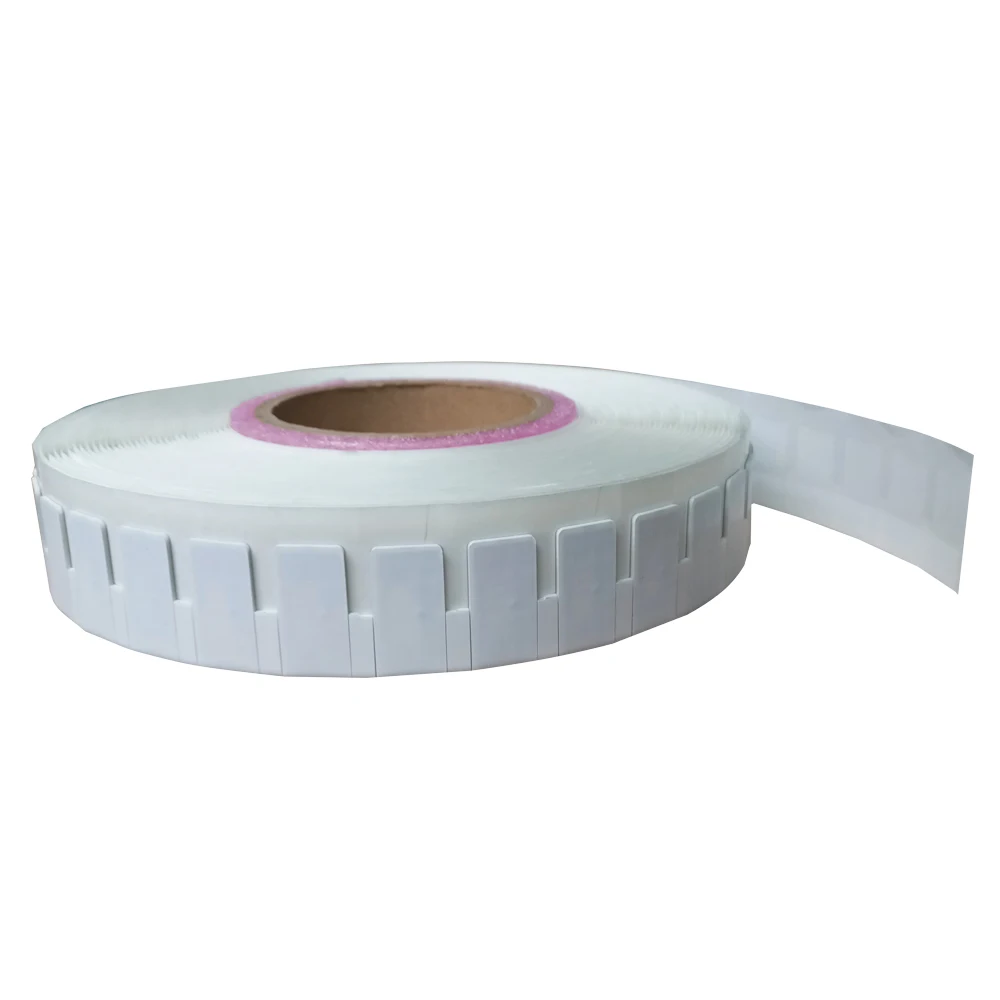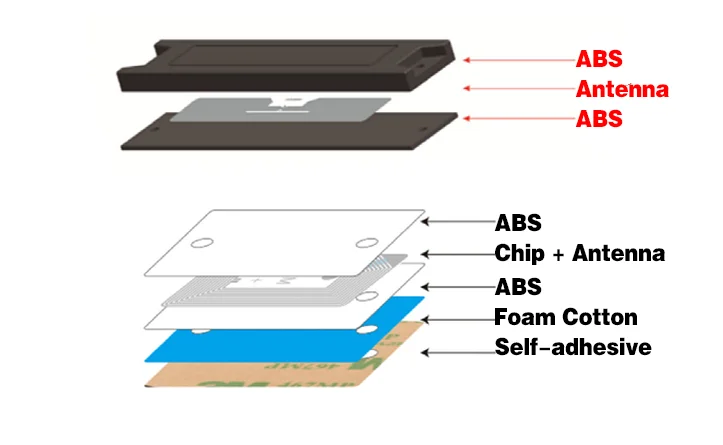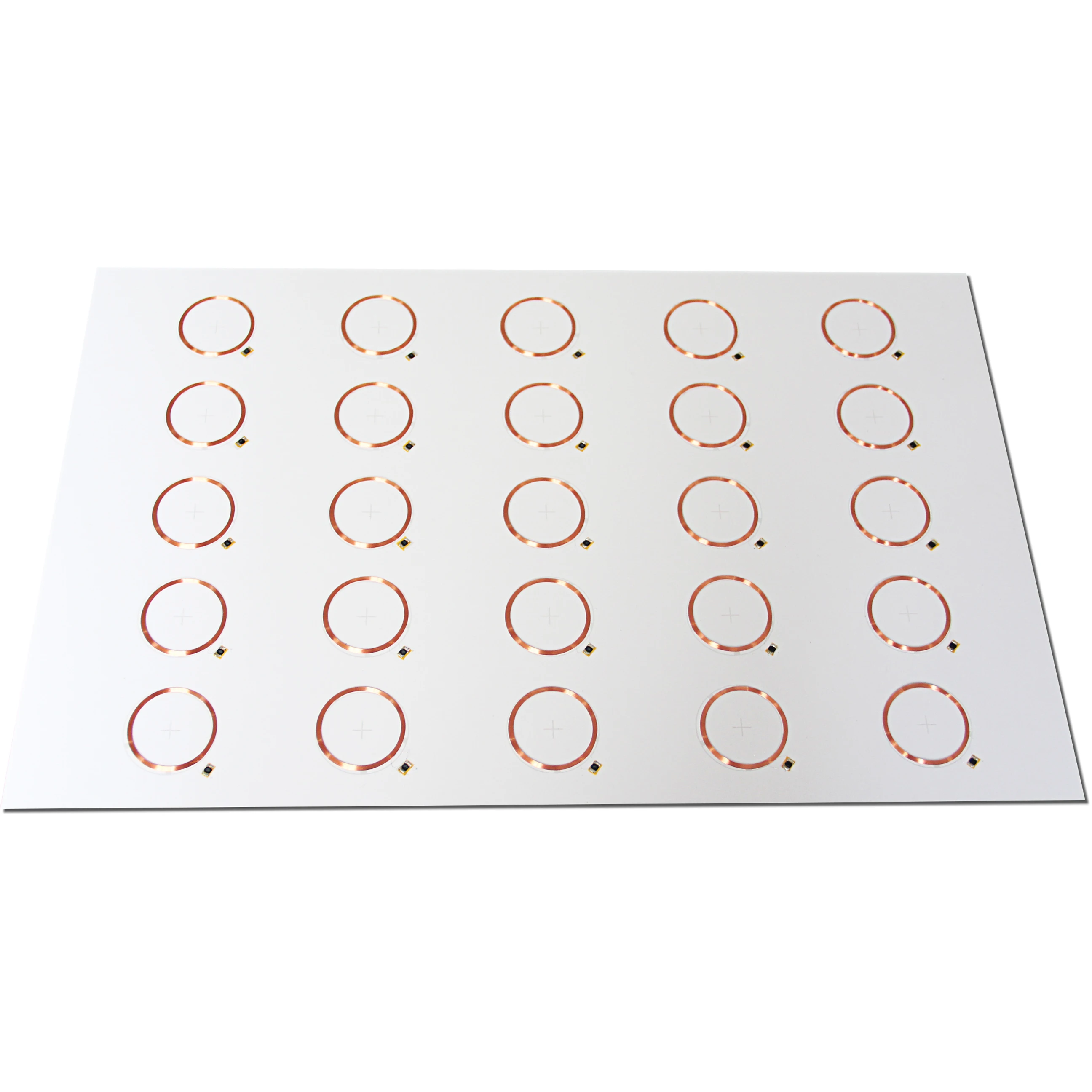Do you have an experience of library? Libraries are wonderful places where you can find all sorts of things, including books, movies, and music. They are packed with stories and knowledge that transport you on adventures or make you more knowledgeable. Surprisingly, did you know libraries have a lot of work to do? They are responsible for making sure all their things get kept track of, which can be difficult! Fortunately, RFID tags can offer a specific solution for this type of work.
RFID tags (Radio Frequency Identification) are small chips that can be placed on the items in the library, books and etc. These tags allow librarians to track what they have. Using RFID tags, libraries can quickly find out which items are checked out by visitors, which items are remaining at the library, and where exactly they are on the shelves. It is much more efficient for librarians, and gives them more time to spend on looking for missing items. Instead, they can spend more time assisting individuals to find what they need when they visit the library.
Libraries are great places to learn and grow, but they can sometimes be overwhelming to manage as well. There are so many books and items, and hard to keep track of all. As there can sometimes arise the case where a book is lost or taken without consent, which is not fair to anyone. You might have heard about this problem too, well SUNLANRFID has a solution for that!
RFID tagging enables libraries to track items accurately thus preventing loss or theft. So when something has an RFID tag, it can be set up to notify librarians if that something is attempting to leave the library without being checked out. This means that, if someone tries to walk away with a book without it being checked out, the RFID will notify the librarians. In this way, libraries can also assure that all items are being returned in safe and proper condition.

What are the benefits of RFID Tags usage in Libraries? They save librarians a great deal of time, which is one of the greatest advantages. Librarians no longer need to scour the place for items in the library they can easily check the RFID table to know which ones are checked out and which remain in the library. That smoothens and speeds the entire process.

Finally, RFID tags can further enhance the library experience for users. It makes it more pleasurable for everyone to visit the library when librarians can swiftly locate items and check them out more quickly. Books, movies or music what they want without having to wait a long time. And ever since, it has helped visitors enjoy and appreciate their time spent in the library.

Using RFID tags to make personalized recommendations for the books on a library's shelves is just one aspect of interesting future possibilities of library book management. The RFID tags could remember the types of books that you enjoy to read as you check out books. Then they might recommend books similar to the ones you would like. That would make it easier to discover new favorite stories!